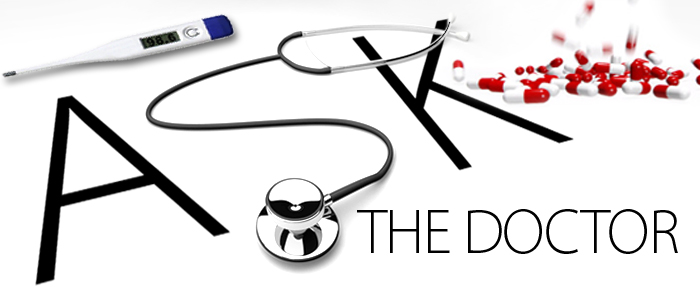
By Dr. Peter Kadile
Dear Dr. Kadile, my friend takes melatonin to help her sleep. Does it really work? – Lyn, La Q uinta
Lyn, melatonin is a natural hormone supplement that can assist with sleep. It is not meant to be like a traditional “sleeping pill”. Melatonin is naturally produced in your brain and tells your body that it’s nighttime and time to go to bed and sleep. It works best for frequent travelers, shift workers or anyone that knows they are going to have a major shift in their sleep schedule.
Unlike sleeping pills, the higher the dosage of melatonin does not necessarily improve one’s sleep. I typically see over the counter dosages of melatonin ranging from 3mg to 10mg. Patients will frequently complain to me that they have taken the maximum available dosage and still have difficulty sleeping. The widely available over the counter doses are way too high. Melatonin should actually be started at the lowest possible dose, I recommend starting at 0.3mg to 1mg. Higher doses of melatonin may actually disrupt sleep and may also cause headaches, nausea, dizziness, or irritability.
Dr. Kadile, I try to relax before bed and read a book on my Ipad, but I still have difficulty falling asleep. What else can I do? – Krystal, Rancho Mirage
Krystal, the problem sleeping may be linked to your use of an Ipad before bed. Recent Harvard research showed that the light emitted by electronic devices, such as cellphones and tablets, can have an adverse effect on sleep. The artificial light is in the blue wavelength. Blue light was shown to suppress melatonin, which is needed for sleep. You should avoid looking at electronic screens for at least 2-3 hours before bedtime. Try and read an actual paper book under bright light in another room before going to bed. Avoid watching television in bed.
Dear Dr. Kadile, I am having trouble going to sleep. My uncle tells me to just have a cocktail or two before bedtime. Is that a good idea? – Robert, Palm Springs
Robert, no, it’s not a good idea. While alcohol can cause drowsiness and sleepiness, it actually disrupts quality sleep by interfering with REM (rapid eye movement) sleep. REM sleep is when we dream and is the restorative part of sleep. Drinking alcohol before bed, not good.










































